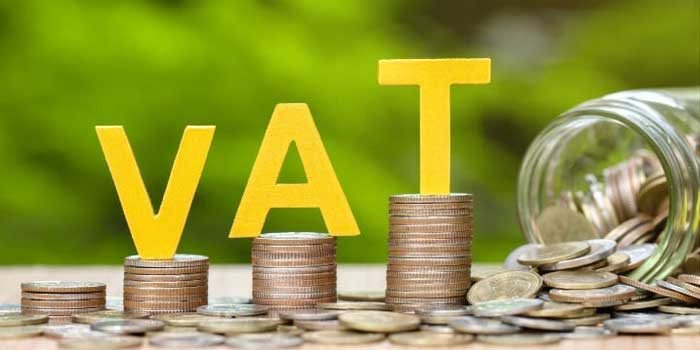
Finance & Accounting
Returning your VAT quarterly can seem like an intimidating prospect, but it’s not as difficult as you might think! Your government allows you to claim back any money you’ve spent on business expenses over the previous quarter, making it so that you only need to pay what’s left over after the deductions have been made. To make sure you don’t end up owing more money than you need to, keep these tips in mind when filing your VAT returns UK-wide! Why are VAT returns important? We’ve got your answers below and the most comprehensive guide on VAT returns UK you can find online. Welcome to our complete guide on what you need to know about VAT returns in the UK – from how to submit them and when, to how they relate to your self-assessment tax returns and how their submission could affect your business. Let’s take a closer look at this crucial part of your annual accounting cycle. Make sure that you file your VAT Returns UK properly if you’re using a Self-Assessment Tax Return, as they can be costly if not filed accurately.
All businesses registered for VAT with a turnover above £83,000 must file a self-assessment tax return to HMRC every year. If you need help with this process, there are many services available. They Vat Return Uk is an option which provides advice and support on VAT returns and other taxation matters. They can provide assistance if your business has crossed that threshold (£83k) or if you have a smaller turnover but still wish to register for VAT. Either way, they can work with you to reduce any penalties levied against your business by providing thorough information and guidance before submitting your annual return. Their team of professionals will walk you through the whole process.
It’s important to remember that filing your VAT return is not just about filing it at the end of each financial year – it should be done every month too. Failing to do so could result in hefty fines from HMRC as well as interest charges on overdue payments. So while everyone else celebrates their hard work over the festive period, it’s worth making sure that those last few days before Christmas don’t cost you too much money.
There are various information that you need to include in a VAT return. Here is a list of some of them:
You need to file a VAT return if you’re a self-employed trader with a turnover of more than £85,000. If your turnover is less than this, you’re not required to file VAT returns – but it’s worth filing them anyway. You can make quarterly estimates or wait until the end of the year and file annual self-assessment tax returns. As your business grows and your turnover increases, you’ll need to file regular VAT returns at least every quarter. Your turnover dictates how often you’ll need to file VAT returns – so as long as you don’t exceed the threshold, there won’t be any penalties for missing deadlines.
Filing VAT returns isn’t that difficult and doesn’t take up much time at all – so it’s well worth staying on top of these deadlines to avoid costly mistakes down the line.
In the United Kingdom, companies that are registered for Value Added Tax (VAT) must file a VAT return every quarter. This return is used to calculate how much VAT is owed to HM Revenue and Customs (HMRC).
The VAT return must be filed online using HMRC’s self-assessment tax returns service. The return must be filed by the end of the month following the end of the quarter. For example, the return for the quarter ending March 31st must be filed by April 30th.
If you are filing a VAT return for the first time, you will need to register for self-assessment tax returns. You can do this by visiting the HMRC website and following the instructions.
Once you have registered, you will be able to log in and file your VAT return.
If you’re a business owner or self-employed in the UK, you’re required to complete a self-assessment tax return every year. This is also the case if you’re registered for VAT.
A VAT return is a document that contains details of the VAT you’ve charged and paid over a certain period of time – usually a quarter or a month. You must submit your VAT return to HMRC (Her Majesty’s Revenue and Customs) and make a payment if you owe any tax.
If you don’t file your VAT return or make a payment, you’ll be charged a penalty. The amount of the penalty will depend on how much tax you owe and how late you are in paying. The longer you wait to pay, the higher the penalty will be.
If you think you might not be able to file your VAT return or make a payment on time, you should contact HMRC as soon as possible. They may be able to give you more time or help you arrange a payment plan.